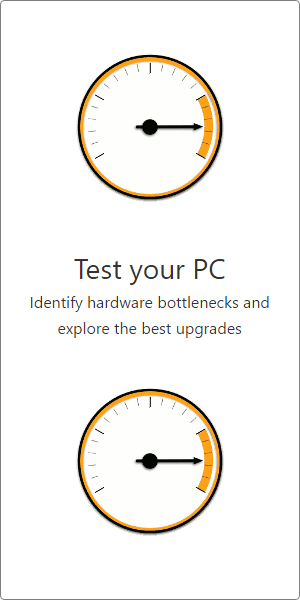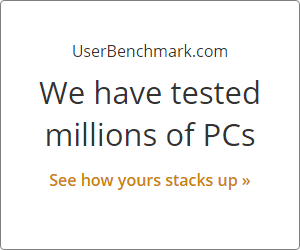External Data: 1080p
+6%
Average Score
+3%
Overclocked Score
+5%
Value & Sentiment
+11%
Nice To Haves
+1%
Conclusion
Average Bench 103%
Average Bench 104%
User Builds
44,319
23,248
Systems with these CPUs
Top Builds that include these CPUs
Frequently Asked Questions
Processors FAQ
ALL FAQs »

 CPU
CPU
